No matter how much you spend on it, an ill-fitting suit will never look great. I will talk about the suit basics below, but here’s the golden one – the fit makes or breaks the suit.
Opting for the best fit for your body shape can be challenging. But if you want to avoid discomfort, it’s worth putting in the effort.
Here are all the suit basics that every man needs to know. Or to look out for when buying the next suit:
In case you don’t like infographics, I’ve pulled the information and explained each of the points below:
1. One High-Quality Suit is Better than Several Mediocre Ones
It’s my personal favorite. Find the one that makes you feel exquisite and supreme, rather than spending your money on five that make you look ordinary.
The suit doesn’t necessarily have to be expensive. It has to be high-quality and should fit you perfectly.
2. Never Fasten the Last Button on Your Suit Jacket
On a two-button suit, the bottom button should always be left unbuttoned. The top button, however, should always be buttoned-up.
If it’s a three-button suit, you can sometimes fasten the top button. Always fasten the middle one, never the bottom button. A rule that is also known as “sometimes, always, never”.
3. Suit Basics: Unfasten Your Jacket When You Sit Down
Unless you are wearing a double-breasted suit. Then you don’t have to.
Unbuttoning all your jacket buttons when you sit down will make you feel more comfortable, too. Button up the top/middle button when you stand.
4. The Jacket Length Should Not Extend the Fingers of Your Arm
With your arms hanging down straight, you should be able to cup your fingers under the jacket’s sides.
The back of your suit jacket needs to fall comfortably and straight. The bottom edge should drape over the top of your buttocks. On no account should your jacket be lower than your knuckles.
5. The Jacket Collar Should Fit Smoothly Against the Collar of Your Shirt
Also, shoulder pads should lie flat and not protrude beyond your actual shoulders.
The shoulder seam should join the seam of the sleeve where your shoulder meets your arm.
6. Match the Fit of Your Suit Jacket so It’s Gently Hugging You
It’s one of the most important suit basics. You want to feel the suit tenderly wrapping around your body. Otherwise, a baggy suit jacket can create a large gap in the front.
7. The Two Sides of the Jacket Should Meet Flawlessly
You want your suit jacket to fit firmly around your stomach.
But not so tight that it creates unsightly gaping buttons. A fist’s worth of room between yourself and the jacket is about right.
8. Shirt Sleeves’ End Should Slightly Peek Beneath the Jacket
Ideally, the jacket needs to show a half-inch of your shirt cuff. It might be a minor detail, but a very powerful one. The dress shirt fit is equally important as the suit fit, though.
9. Shirt Cuffs Should Not Cover Your Hands
Shirt sleeves should never fall lower than the base of your thumbs. On the other hand, the maximum allowed length of shirt cuffs is the first knuckle of your thumb. Everything in between is perfect.
10. The Color of Your Tie Should be Matched with Your Suit & Shirt
A good habit is combining a tie with the opposite shirt color. A white shirt and a black tie are such an example.
Choosing similar colors is also acceptable. However, if the shirt and tie have similar/same colors, the tie needs to be darker than the shirt.
If you are not certain about your choice, I suggest you check out some of the default suit, shirt & tie color combinations that I’ve already talked about.
11. The Suit Lapel Defines the Formality of Your Suit
There are three main suit lapel types: notched, peaked, and shawl lapel. Ordered by the least formal to the most formal, respectively.
The shawl is the most formal (usually black and white tie events). The peaked lapel is considered a business-formal style. The notched lapel is the least formal of the three, usually semi-formal or casual.
Also, the wider the lapel, the more formal the look. The thinned, the more trendy.
12. Pockets, too, Define the Formality of Your Suit Jacket
Consider the jetted pockets the most formal ones. Flap pockets are also acceptable.
Patch pockets are considered casual and are often accounted for sports jackets.
13. If You Wear a Tie, Button the Shirt at the Top
The unbuttoned shirt from the top is not a look that works when a tie is on. If a buttoned shirt at the top is uncomfortable or is choking you, consider visiting a tailor to alter the shirt.
14. Tie Knots Size Depends on the Formality of Your Suit
Tiny knots often look casual and a little bit odd. Larger knots, however, create that formal and business look. Too large, and you look like an angry salesman who is choking by his own hands.
15. The Widest Part of Your Tie Should Match the Widest Part of Your Lapel
Choose a tie that has a similar width to the lapel. It keeps everything balanced and looks classy.
16. The Tie Bar Should Not be Wider than Your Tie
The tie bar is an accessory that’s all about aesthetics. However, it should not extend 3/4 of the width of your tie. For the best look, place it between the third and the fourth shirt button.
17. The Tip of Your Tie Should Touch the Top of Your Waistband
Your tie should be tied to match your torso length.
When standing in your natural posture, the tip of your tie should touch the top of your waistband and should not extend the middle of the belt.
Adjust the tie knot to your tie length, and never forswear the tie length to increase the knot. If you want a larger tie knot, buy a longer tie that matches your height.
18. A Well-Fitted Waistcoat Should be Long Enough to Cover the Waist
Fitting the waistcoat perfectly would firstly mean that the shoulders lie flat against your body.
If your waist is exposed, the waistcoat is too short. If there’s an extra room on the sides, it means that it’s too big.
19. Leave The Bottom Button of the Waistcoat Unbuttoned
Just like the suit jacket, the bottom button of your waistcoat remains unbuttoned.
20. Trousers Should Never Look Baggy
Suit pants that are too tight, on the other hand, will show horizontal strains under the buttocks. In contrast, if you notice gathered material across your butt, your pants are too loose.
21. The Bottom of the Trouser Break Should Touch the Top of Your Shoes
The trouser break is where your trousers meet your shoes. The cuff needs to rest on the top of your shoe.
But no more than that. Suit pants that are too long will always make you look sloppy.
22. Cut the Tacking Stitch off Your Suit
Remove all stitches, including those on the vents, the lapels, and the pockets. Their purpose is to prevent the jacket from getting wrinkled during the shipping process.
23. Shoes Should be Matched According to the Color of Your Suit
Black shoes match every suit, right? WRONG! The shoe color should match the color of your suit.
If you are having trouble matching your shoes to your suit, I strongly advise you to read this guide.
24. Always Wear Socks that Cover the Visible Parts of Your Leg
Your naked leg should not be visible when you stretch your pants. Match the color of your socks with the color of your trousers.
25. The Fabric of Your Suit Depends on How Often You Wear It
Choose more durable fabrics for everyday use, like wool.
For more glamorous events and parties, you can opt in for more luxurious fabrics, like velvet.
26. Avoid Using a Belt if You are Wearing Suspenders
If you put on suspenders, leave the belt at home. Wearing it will make you look unfashionable, too.
27. Wear the Overcoat on Top of Your Suit
Wearing an overcoat on top of your suit is both practical and fashionable. There’s nothing wrong with it.
On the contrary, it’s the perfect combination for colder days.
28. Stay Humble When it Comes to Suit Accessories
Choosing which suit accessories you want to wear is a personal choice. But if you are looking like a five-star general, then you’re way past the line.
29. The Pocket Square Color Should be the Opposite of Your Suit
It’s one of the simplest yet most mistaken suit basics. Decided to wear a black suit? Choose a white pocket square.
Sometimes, when your tie’s color is the opposite of your shirt’s color, you can match your pocket square color with your tie.
30. Pair Your Suit with a Nice Watch
The watch needs to match the formality of your suit. For a business suit, wear a classic metal watch.
The watch is an essential accessory that speaks a lot about you way before you start talking. Besides, what is James Bond without his Omega? 😎
Hi, I’m Alex, and I’ve studied and specialized in styling in Rome. Through my writing, I want to help men dress well and learn the purpose and significance of suits and other formal attire. My final goal is to make men more confident in their wardrobe choice and life in general.
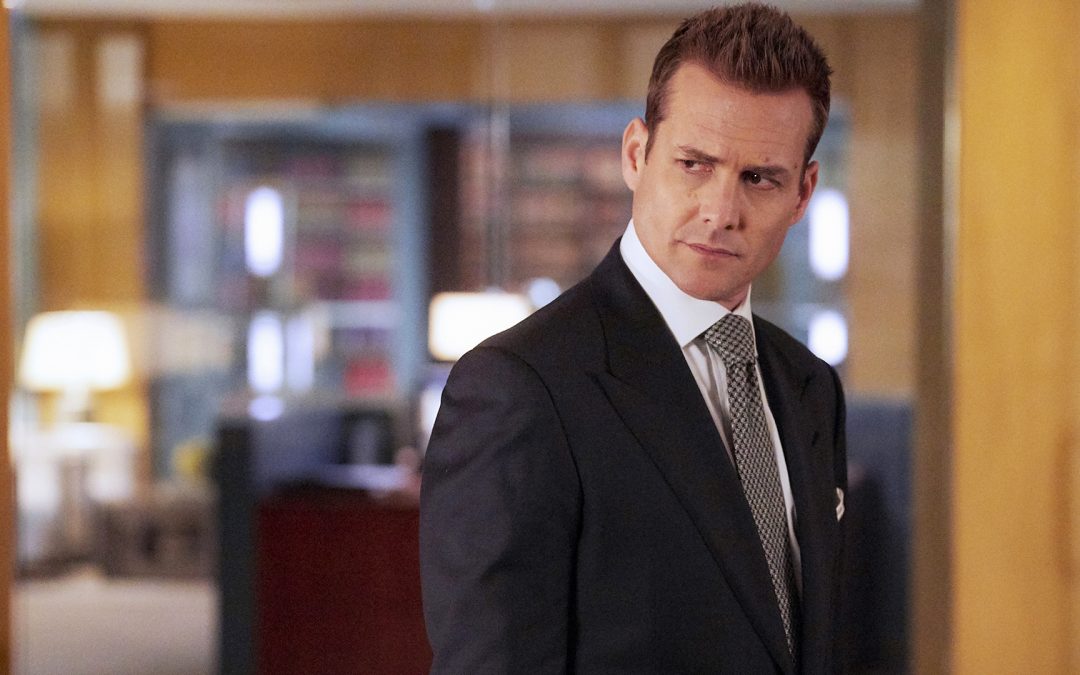
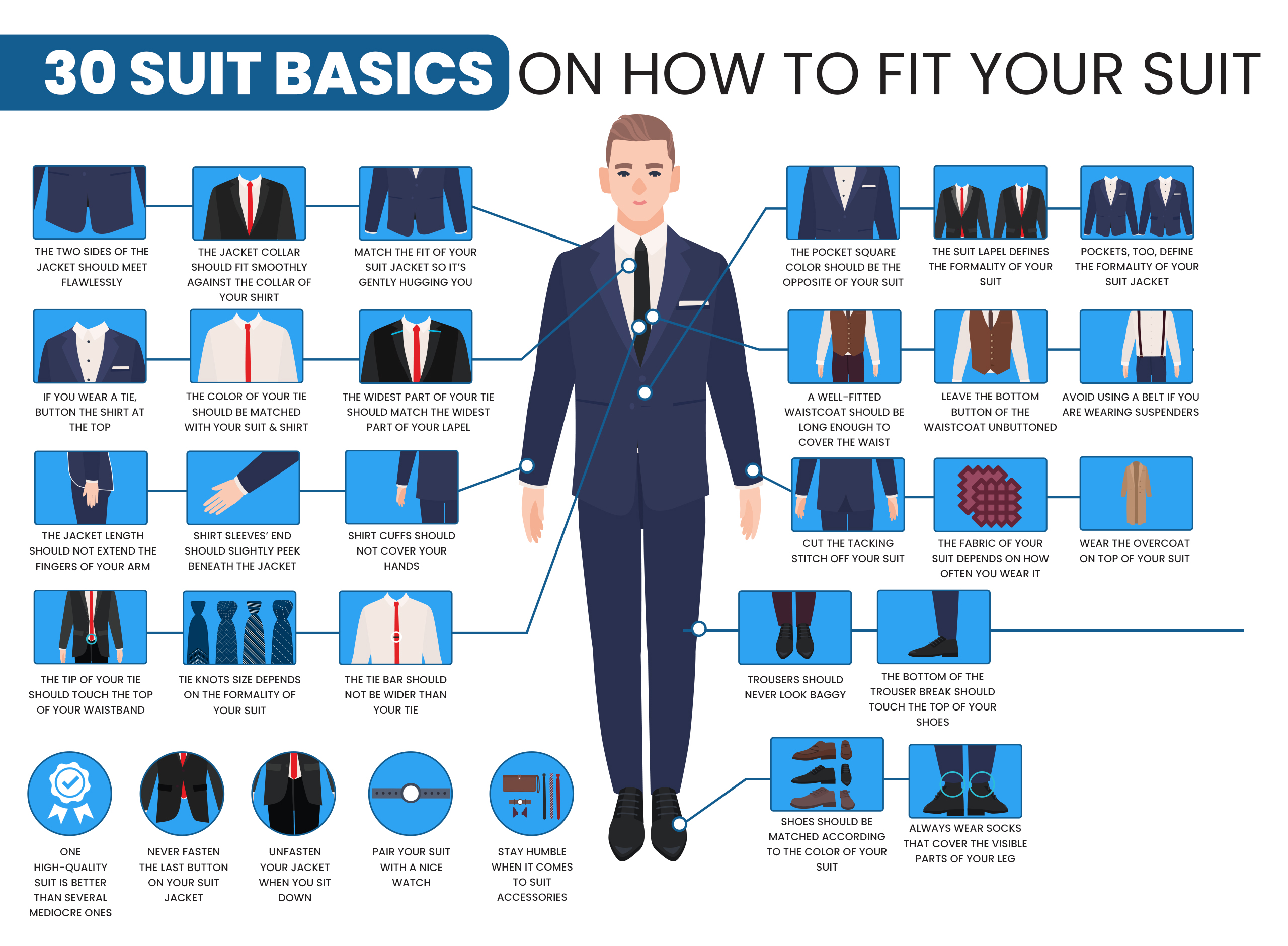
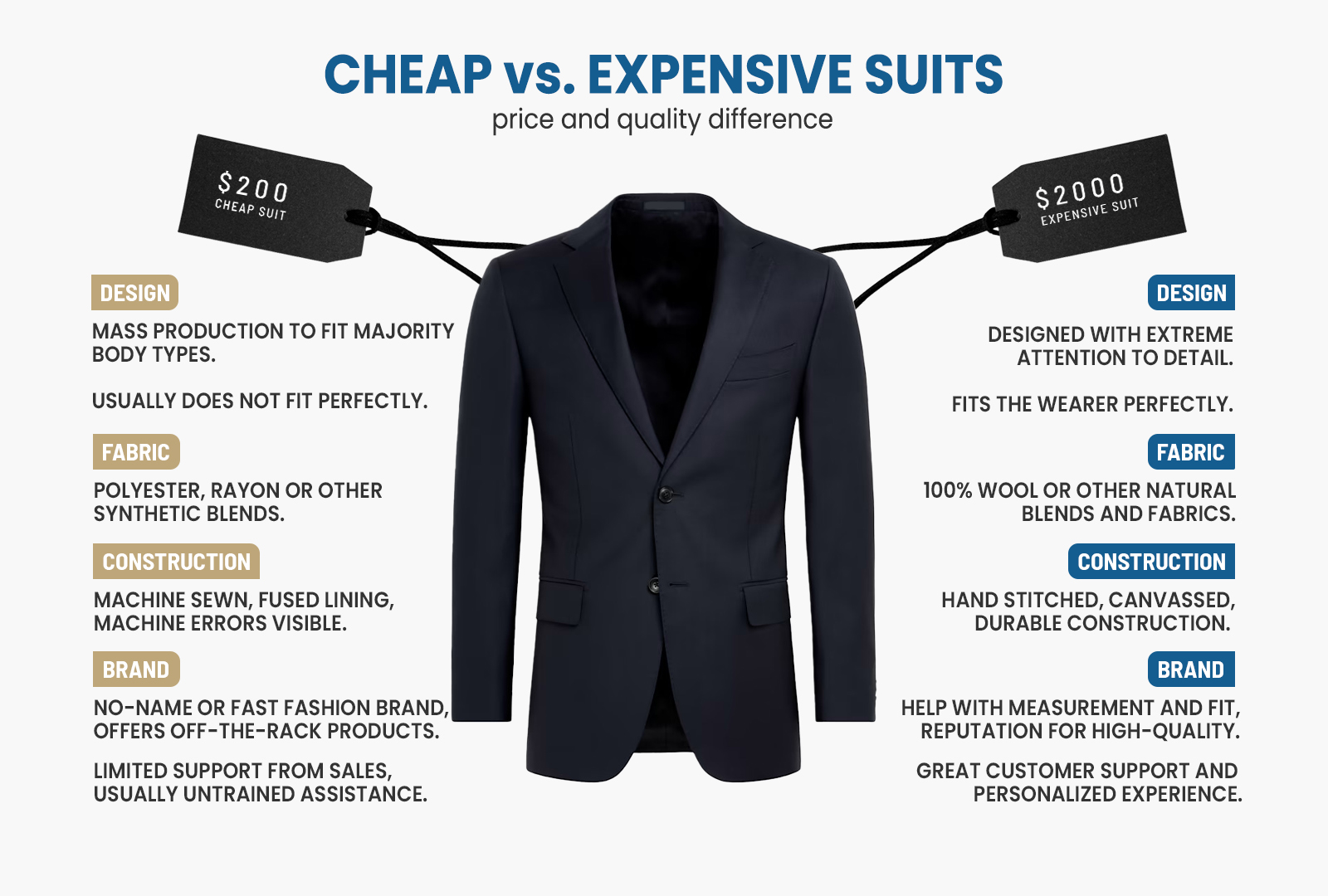
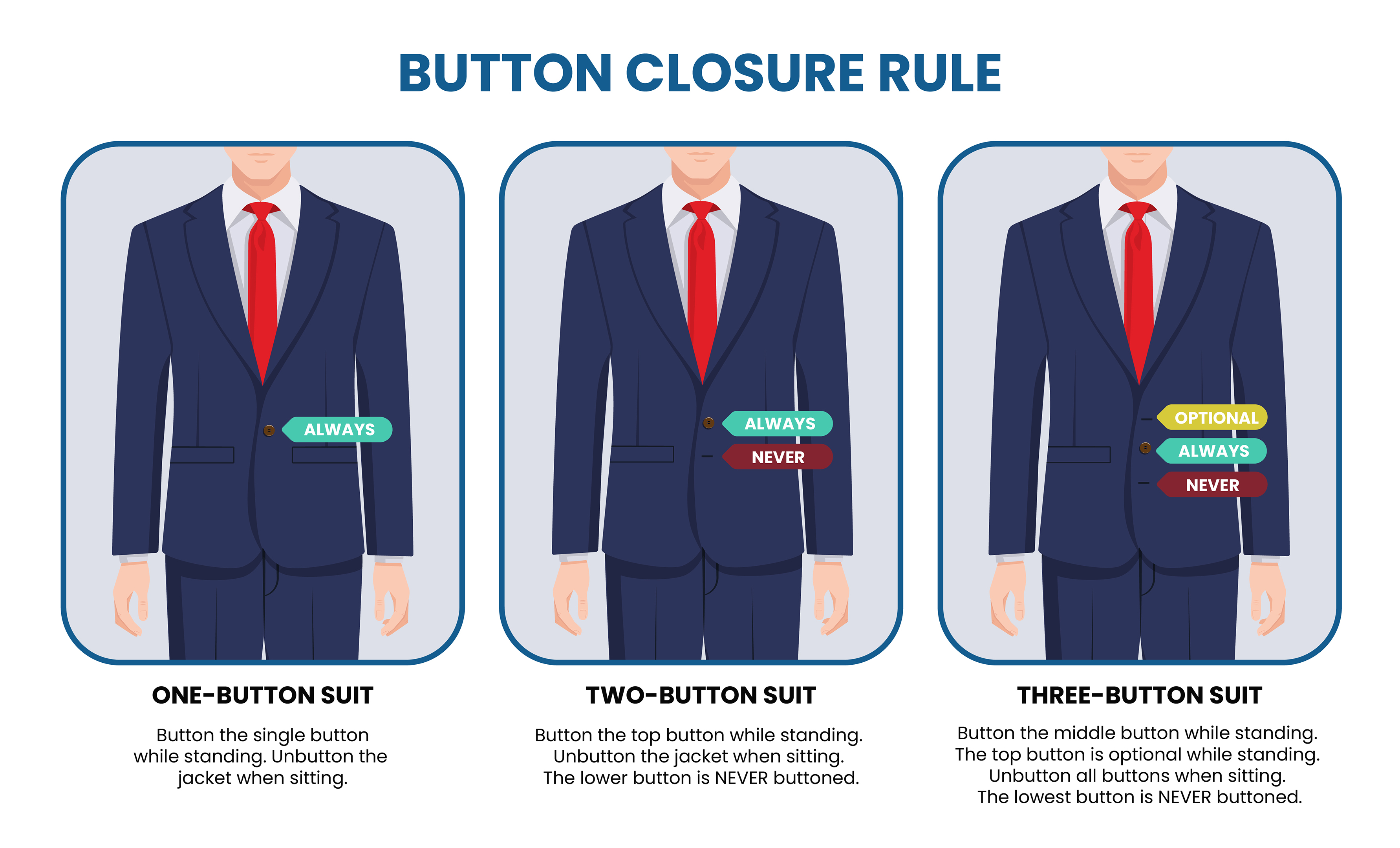
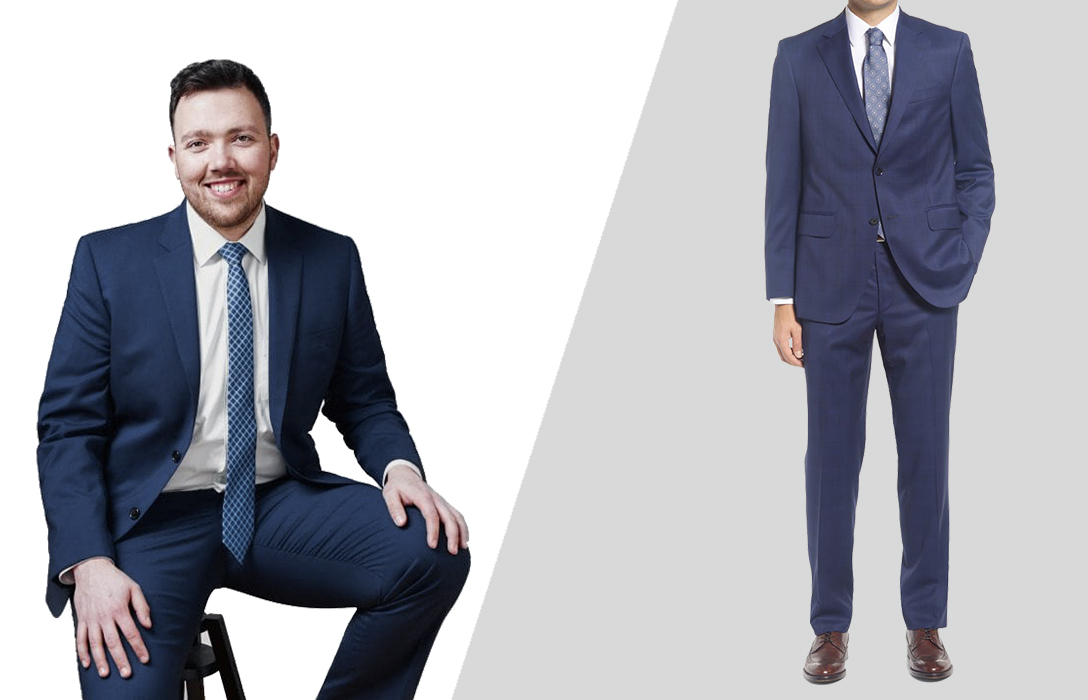
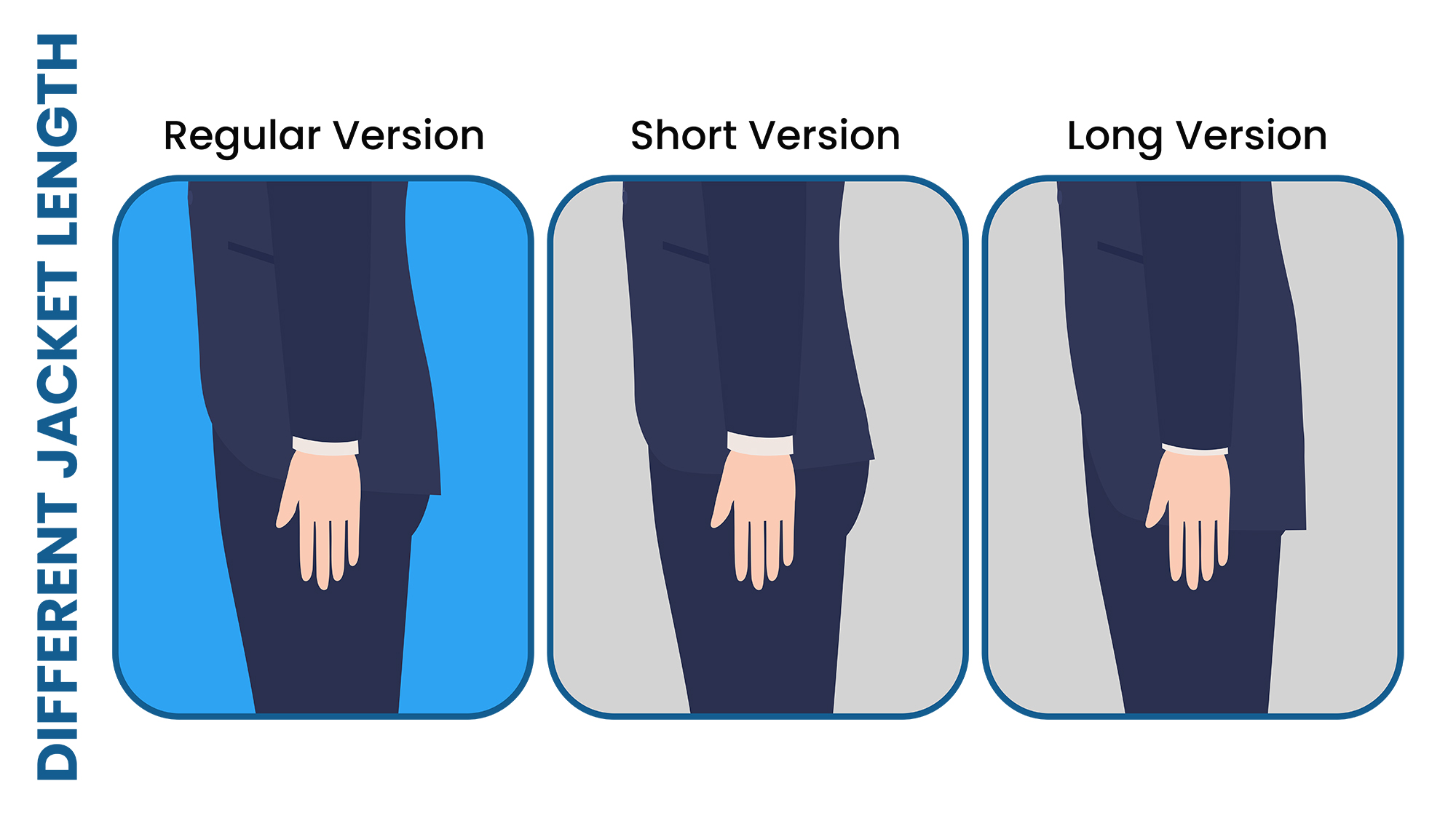
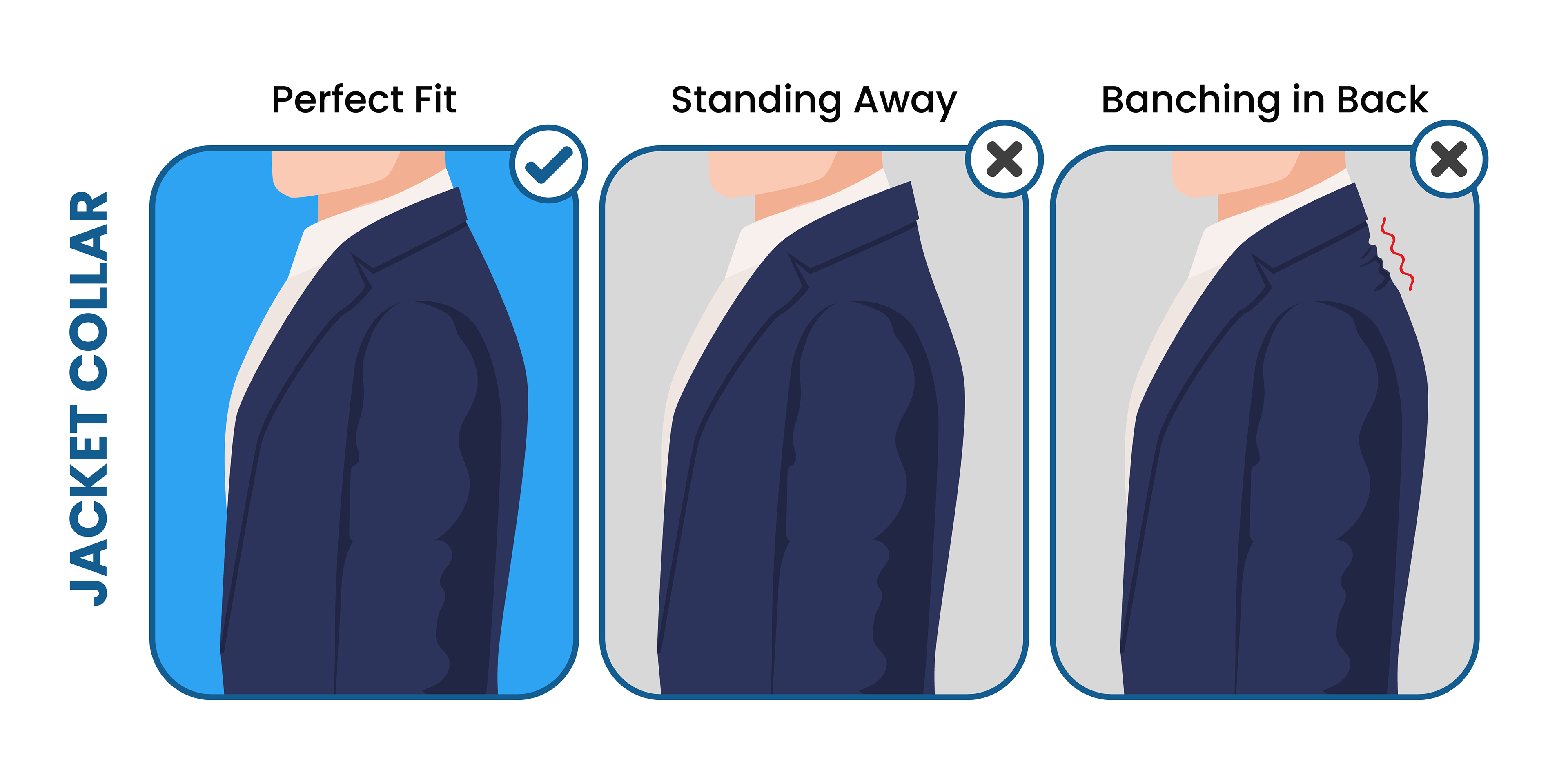
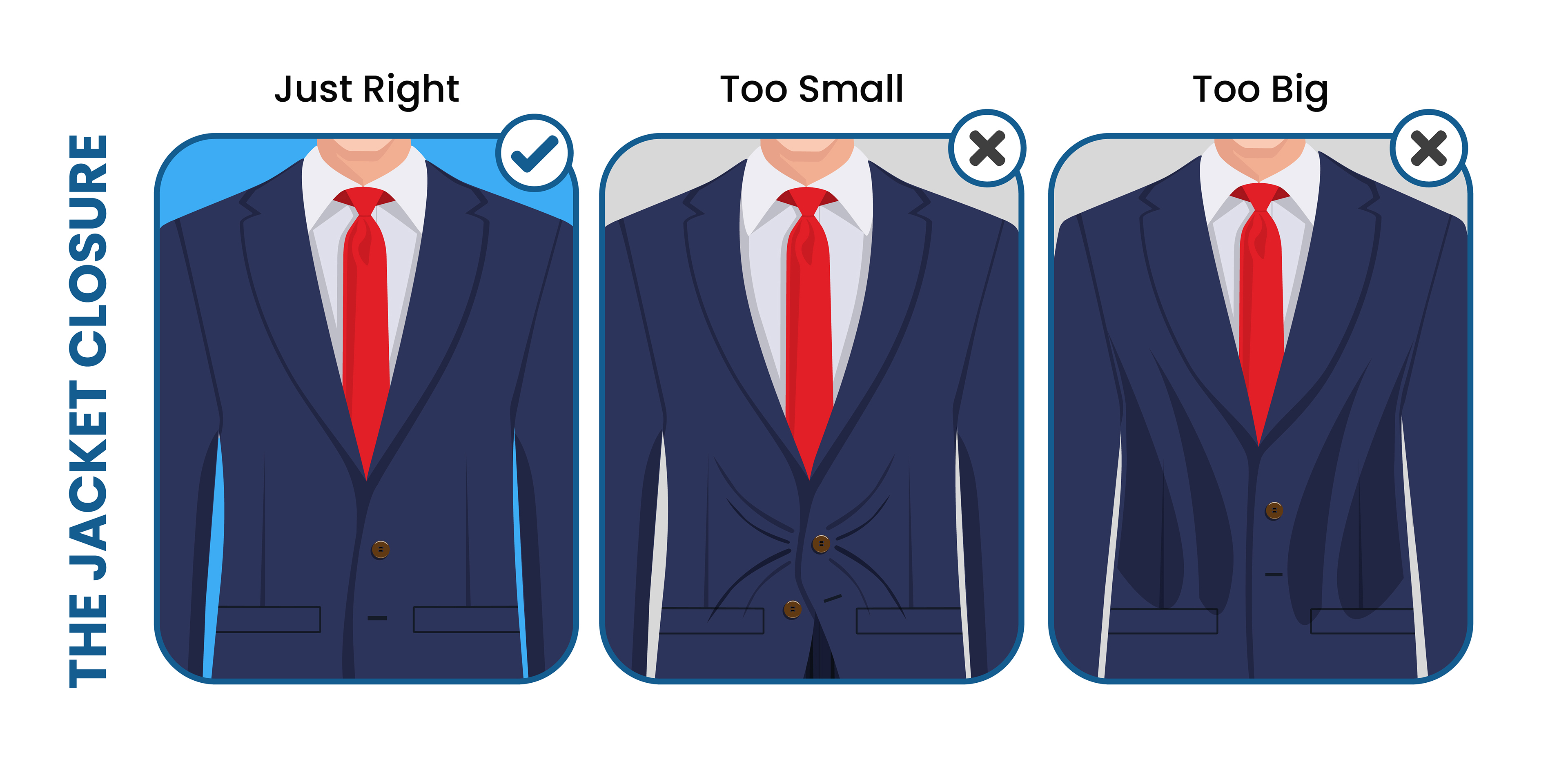
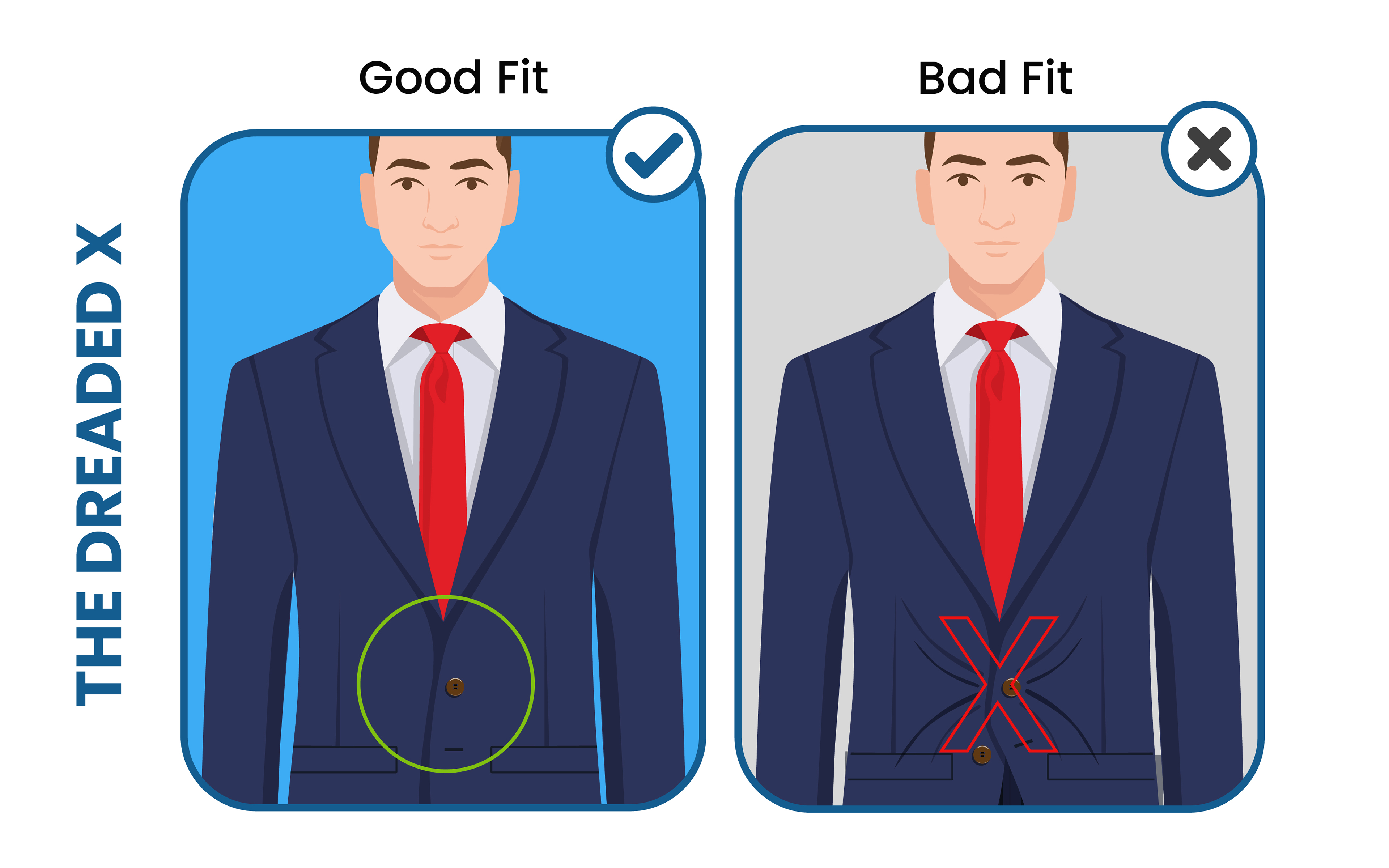
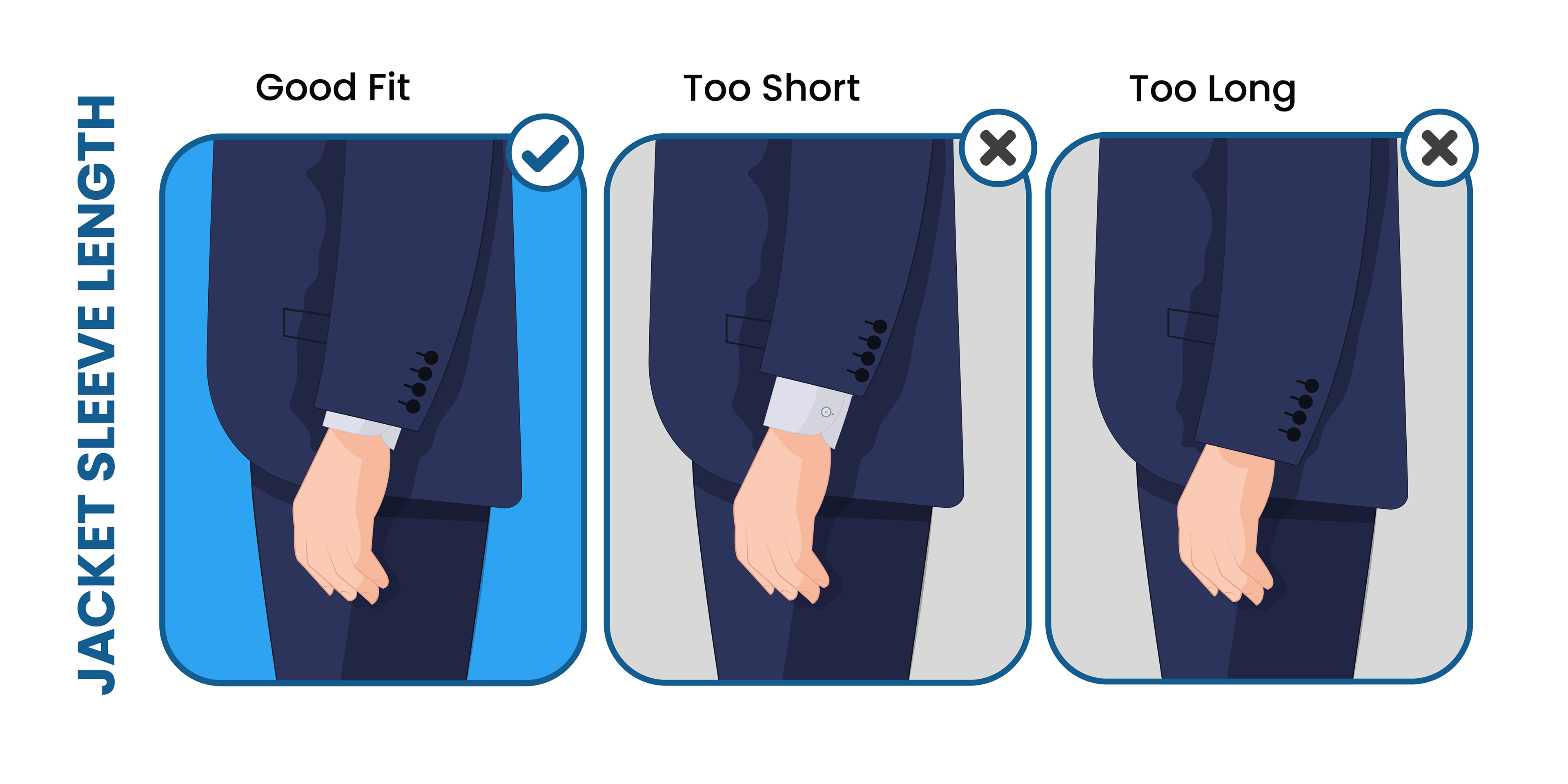
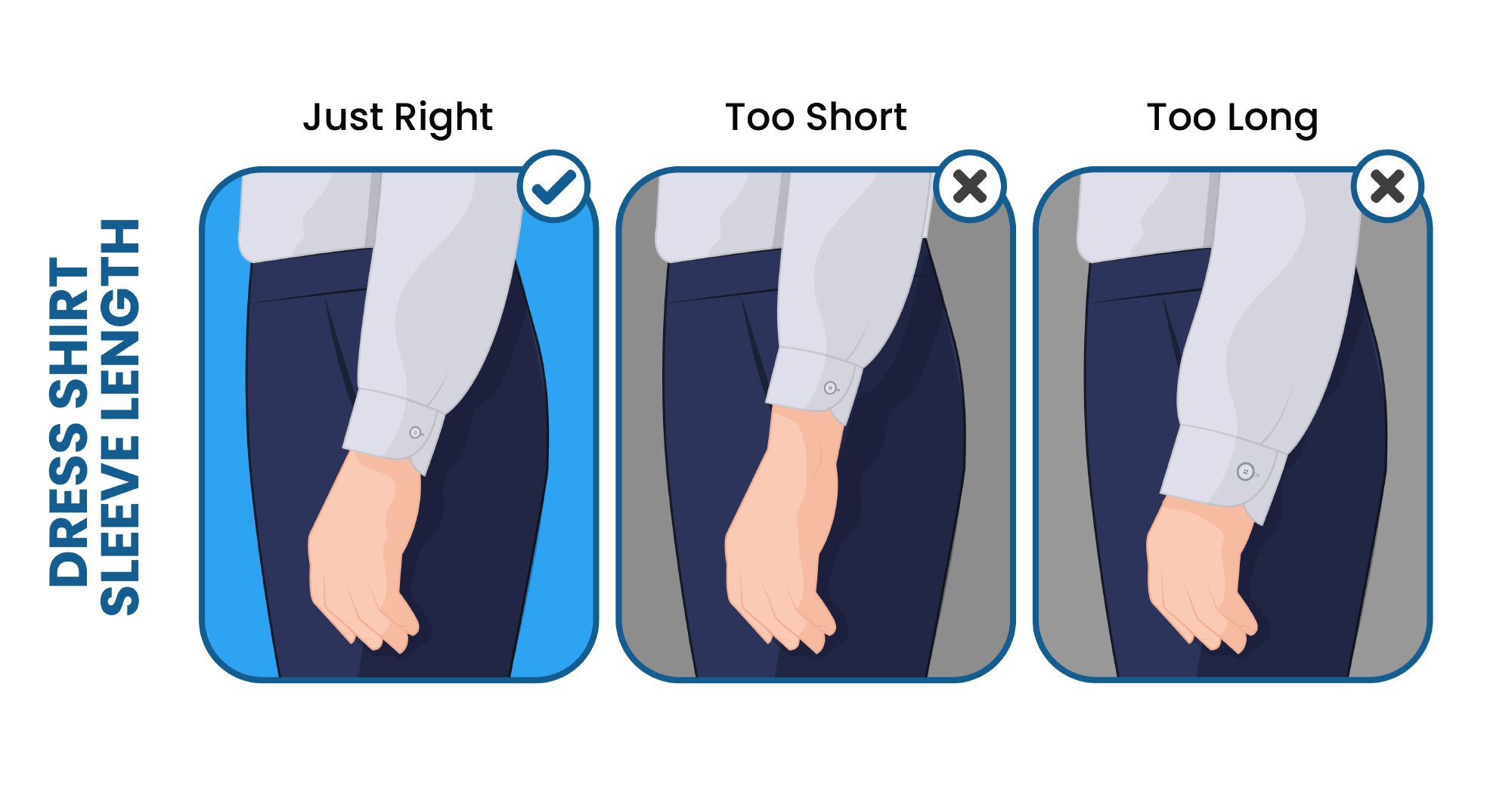
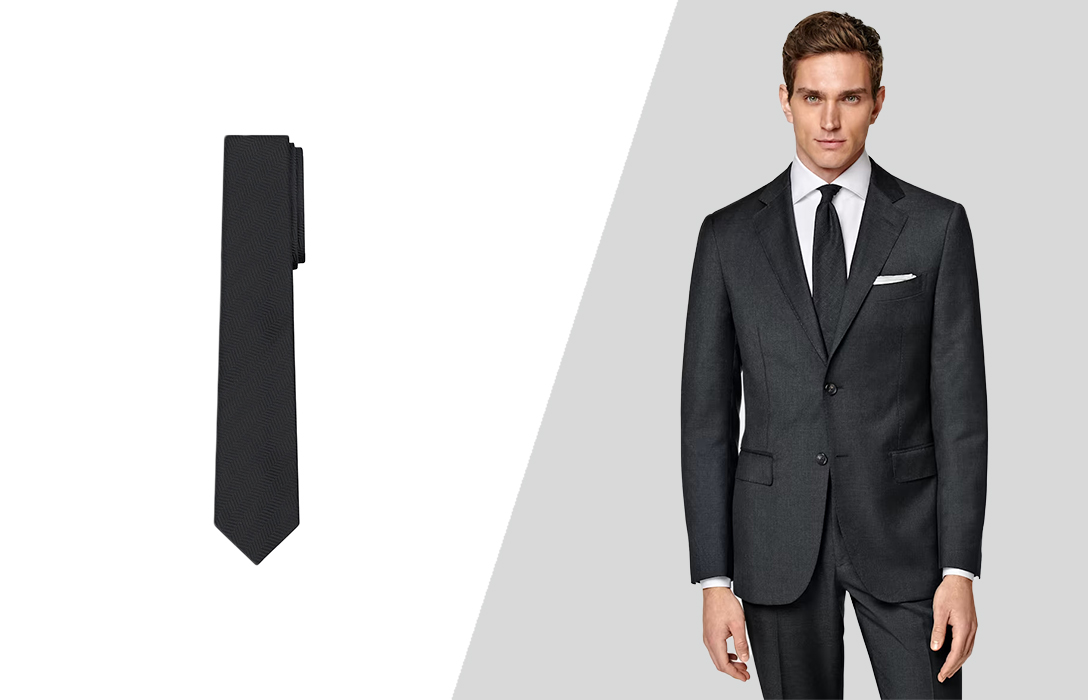
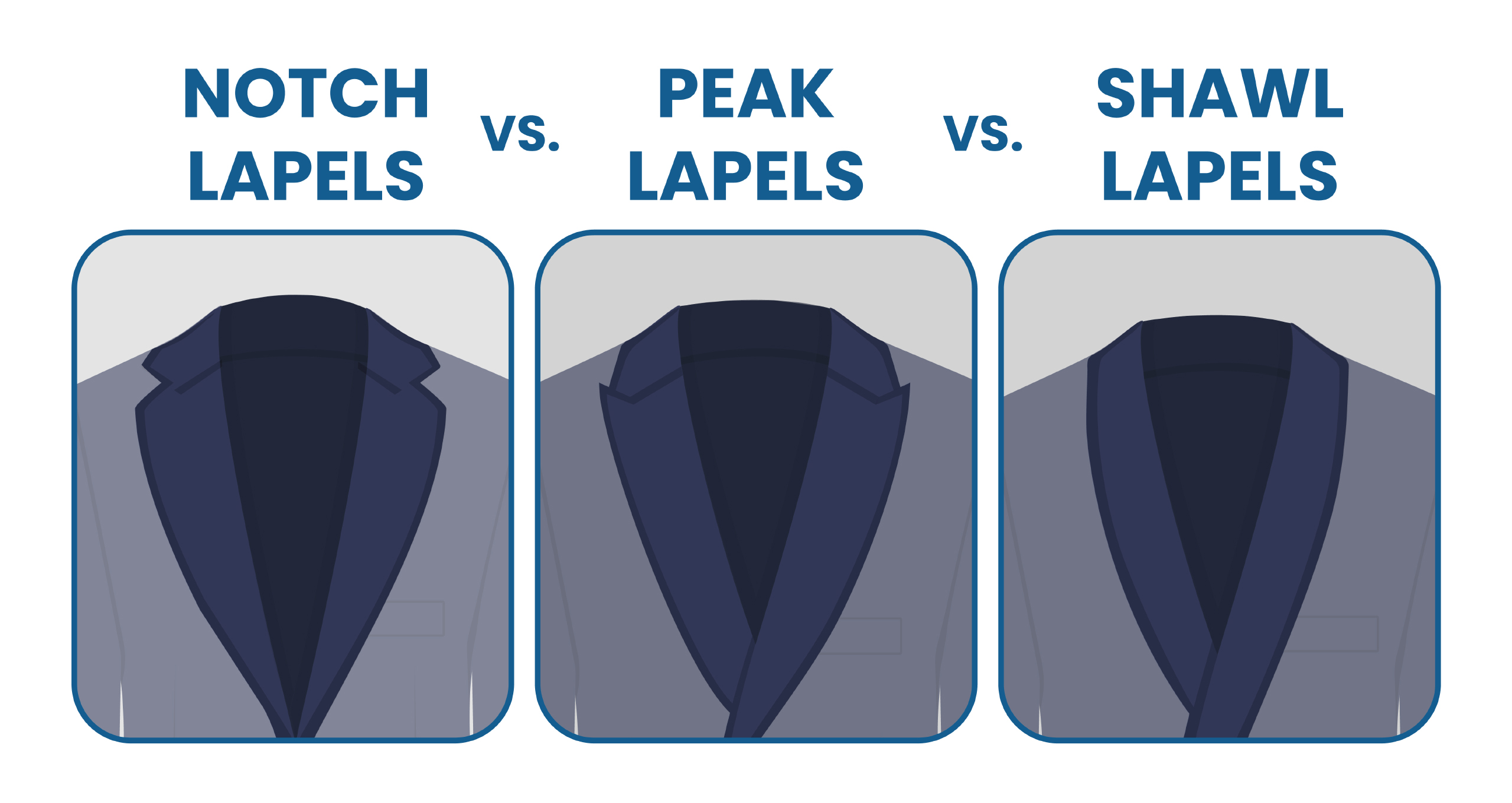
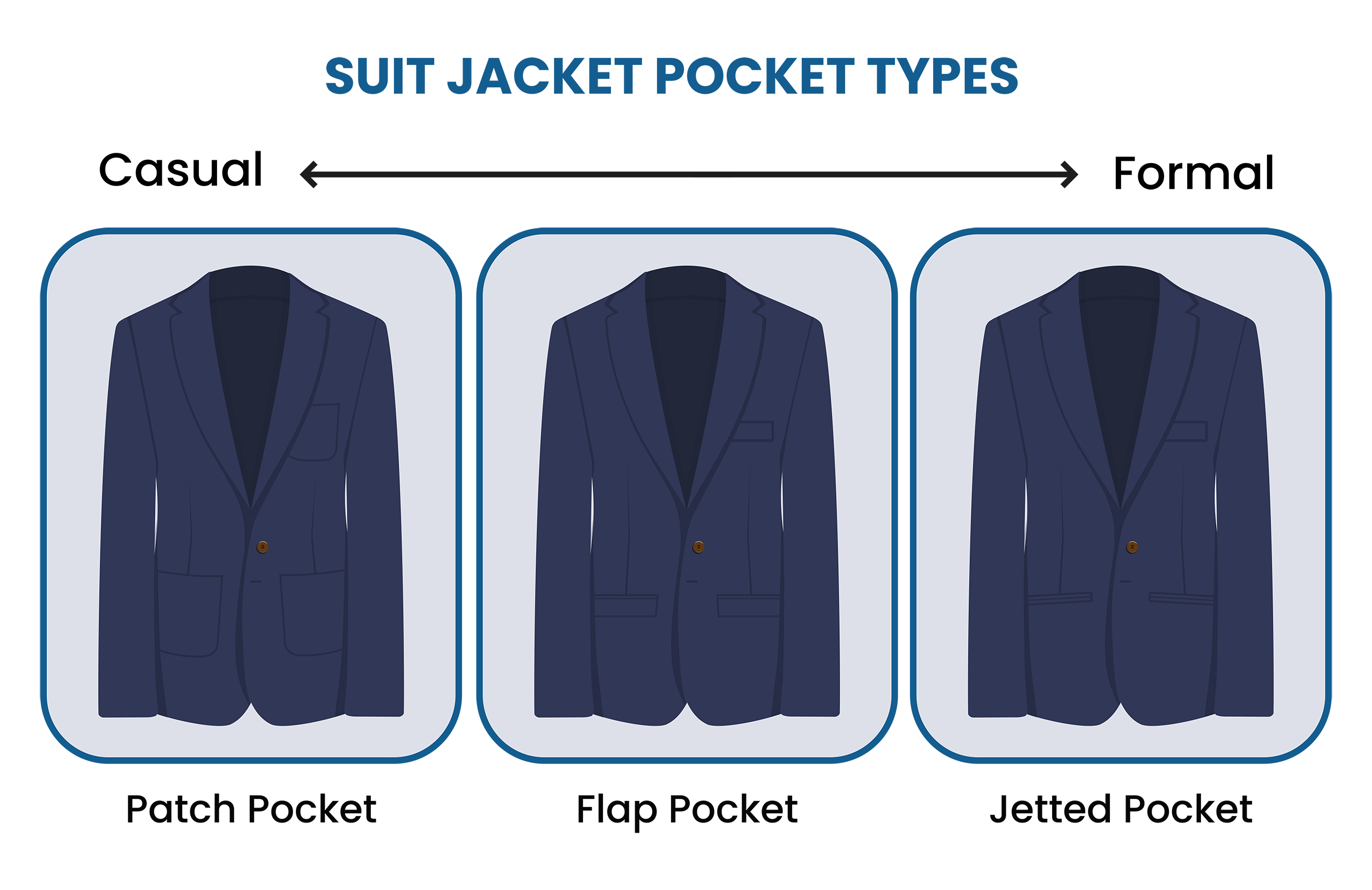
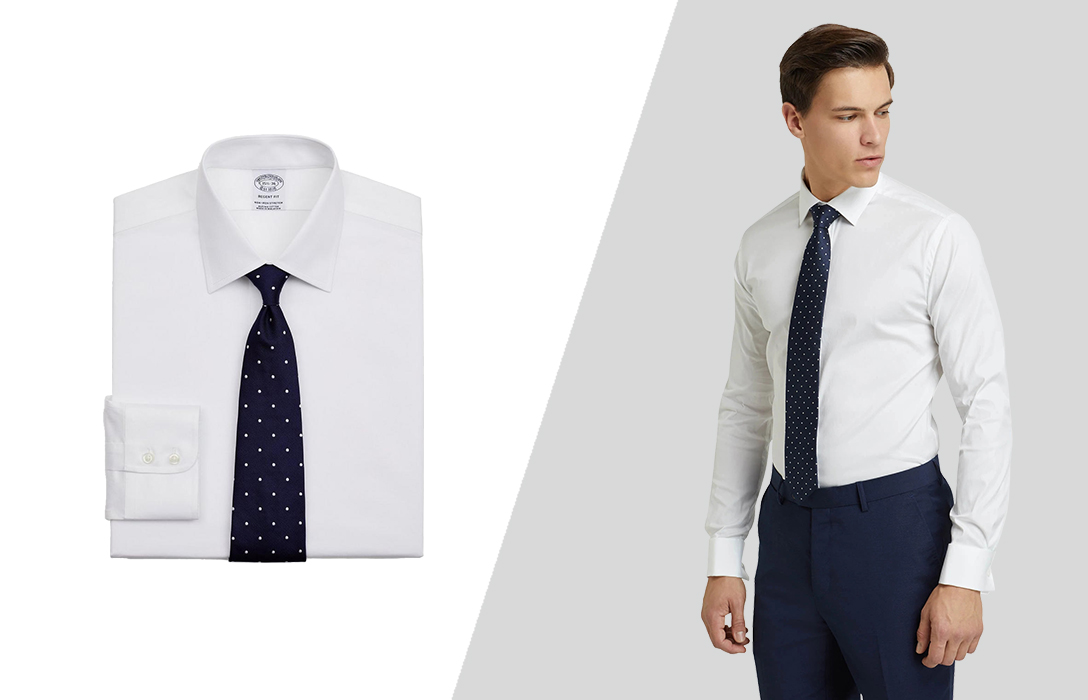
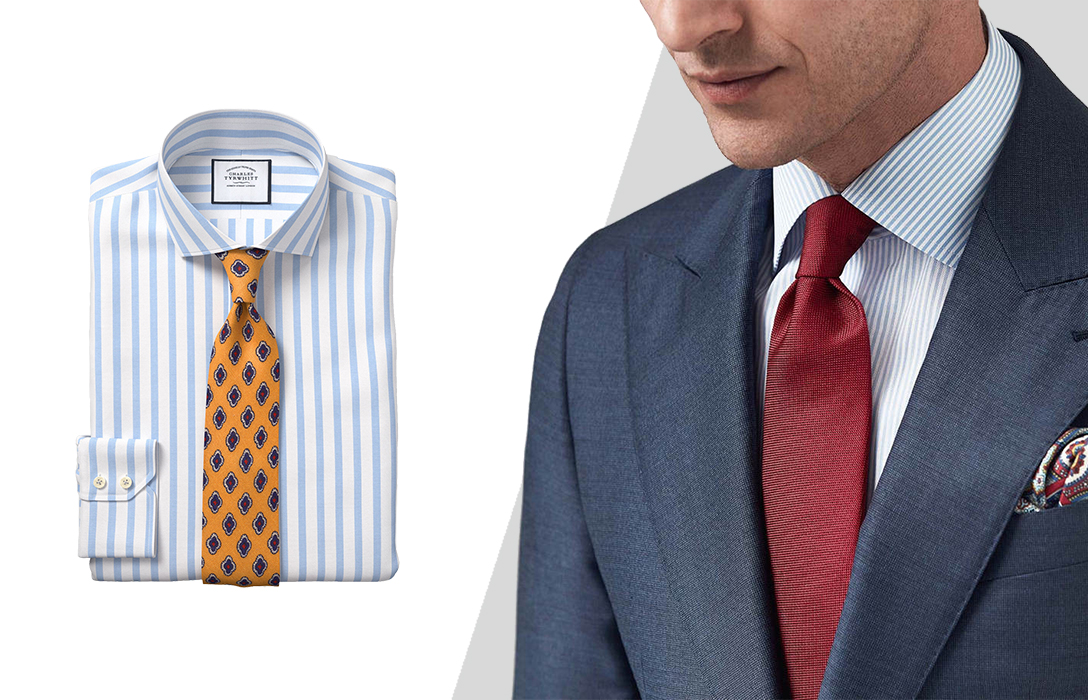
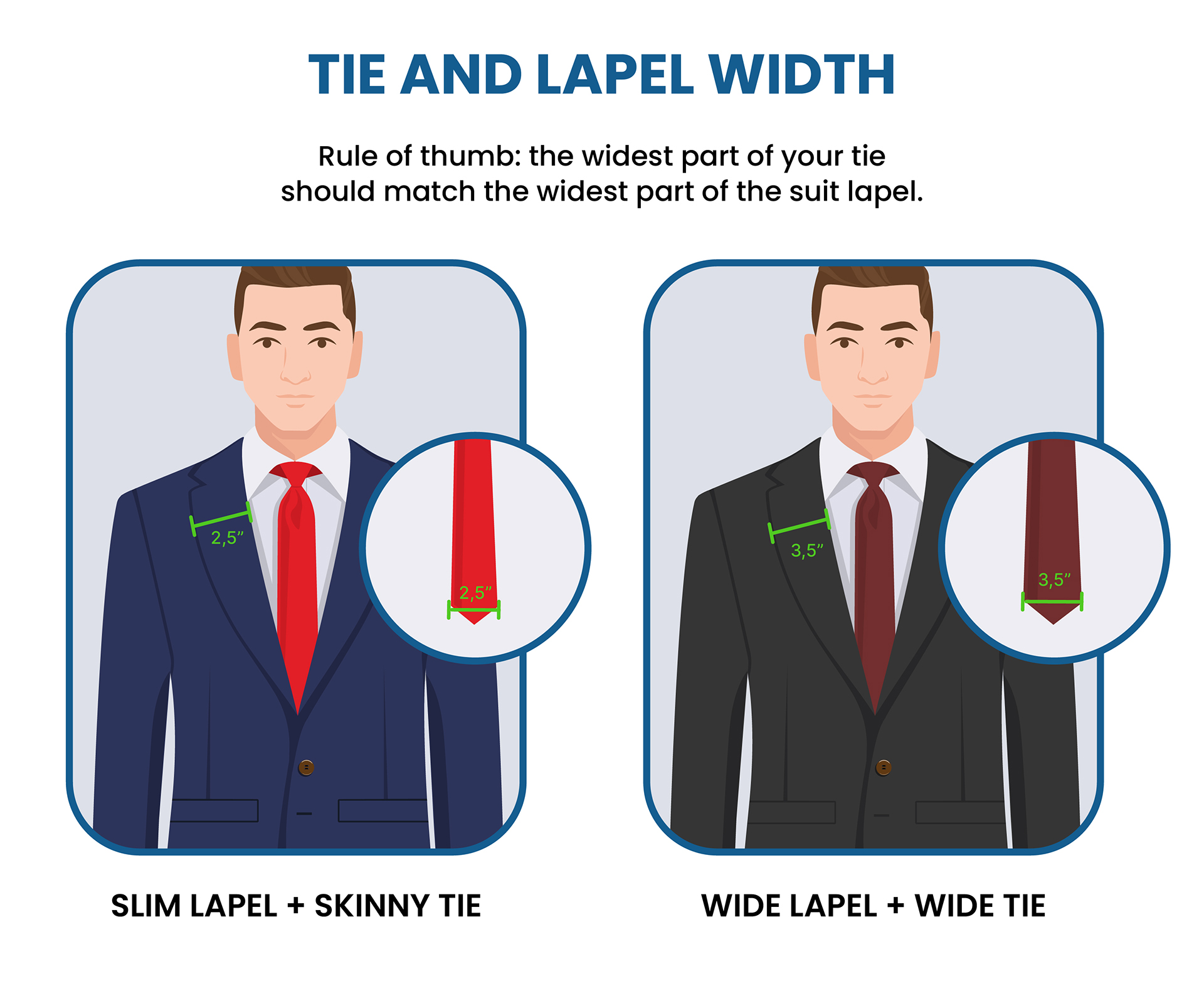
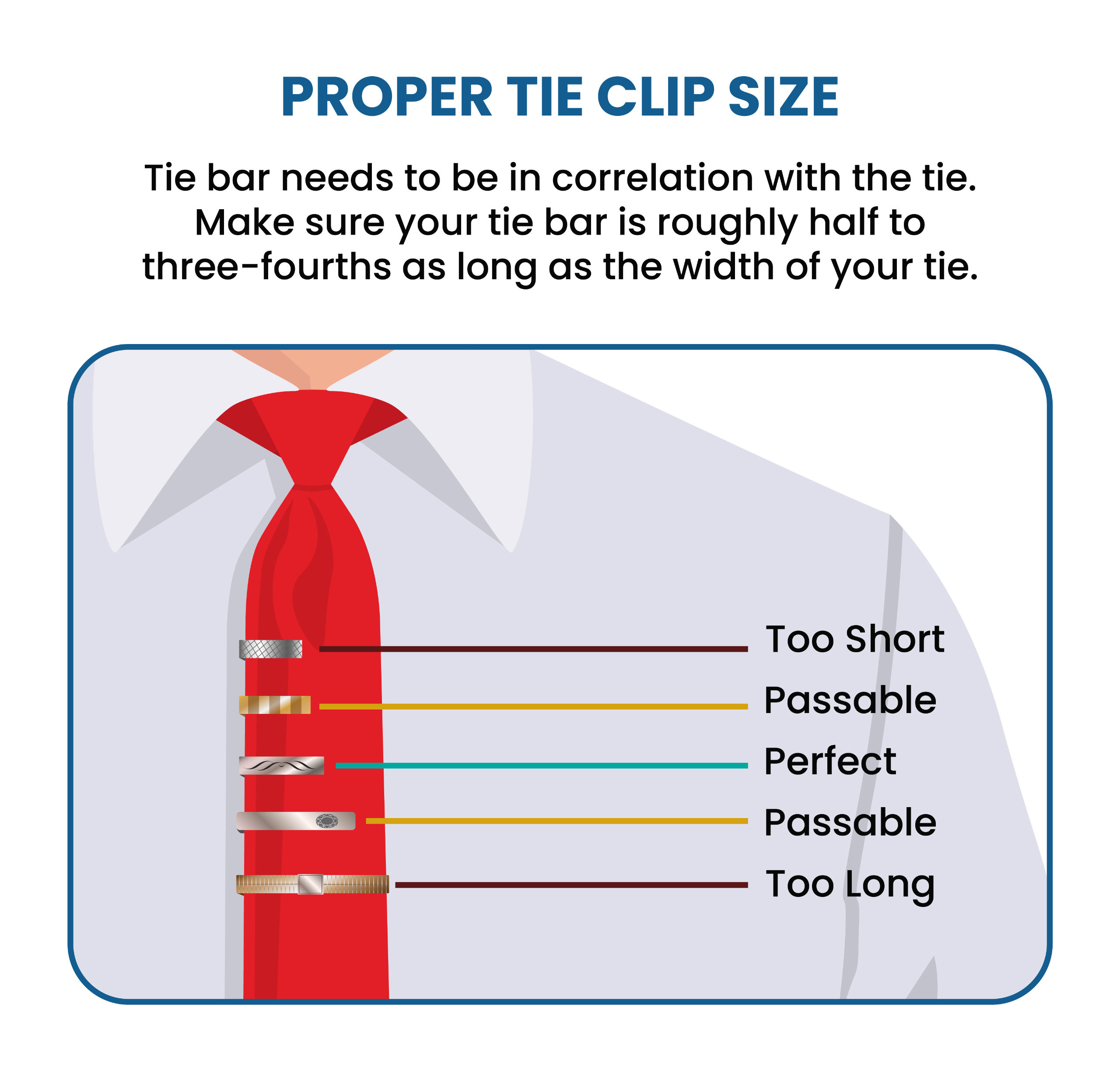
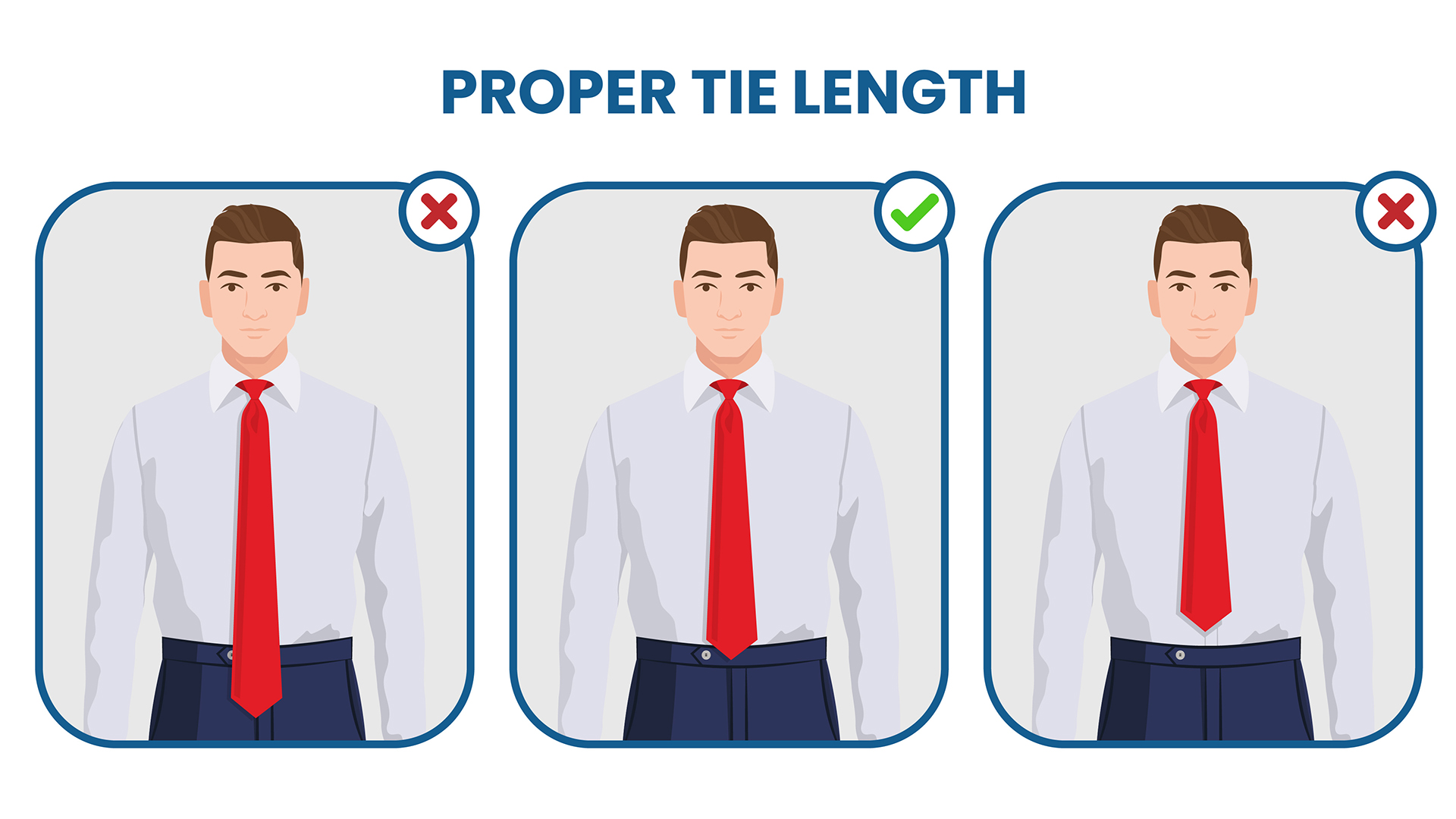
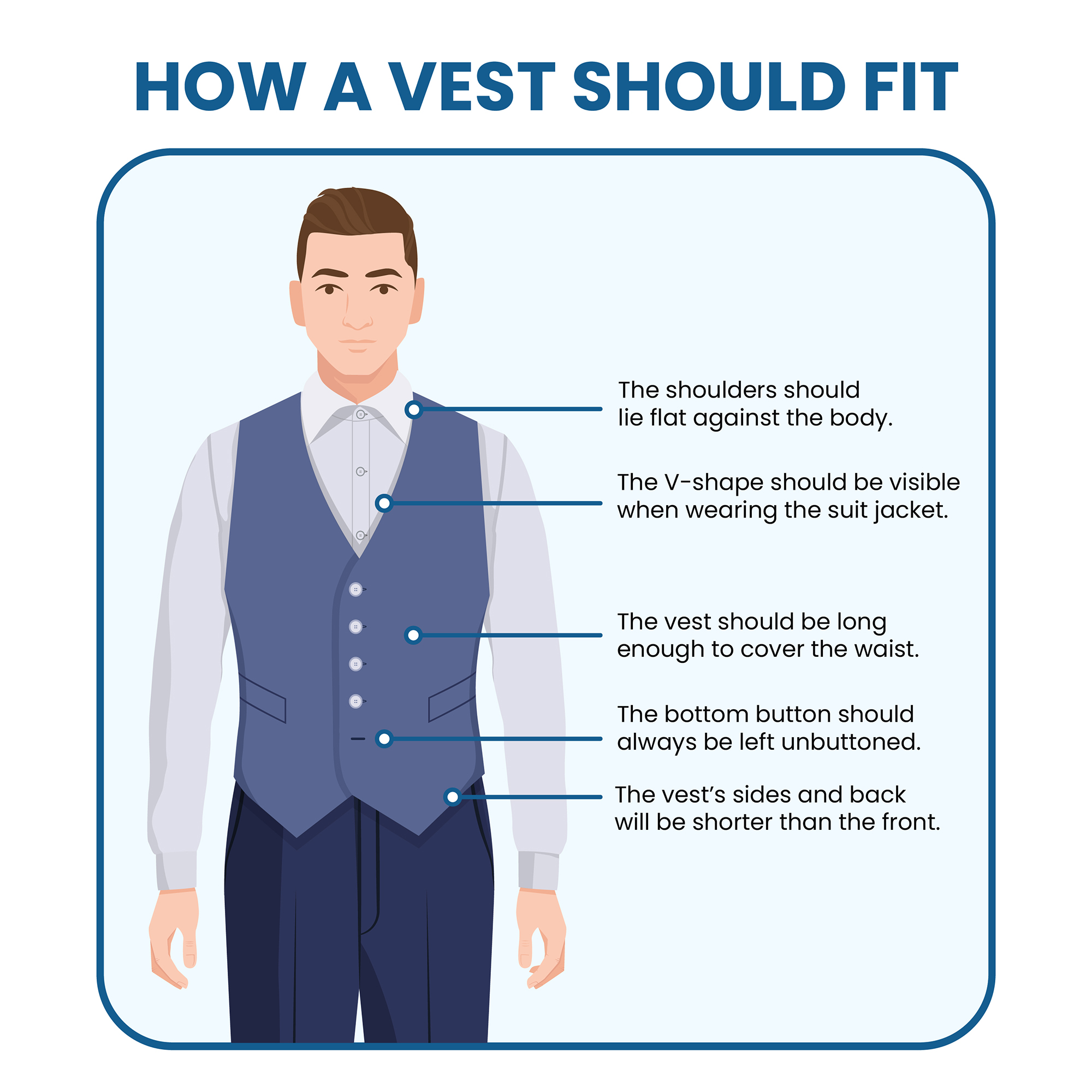
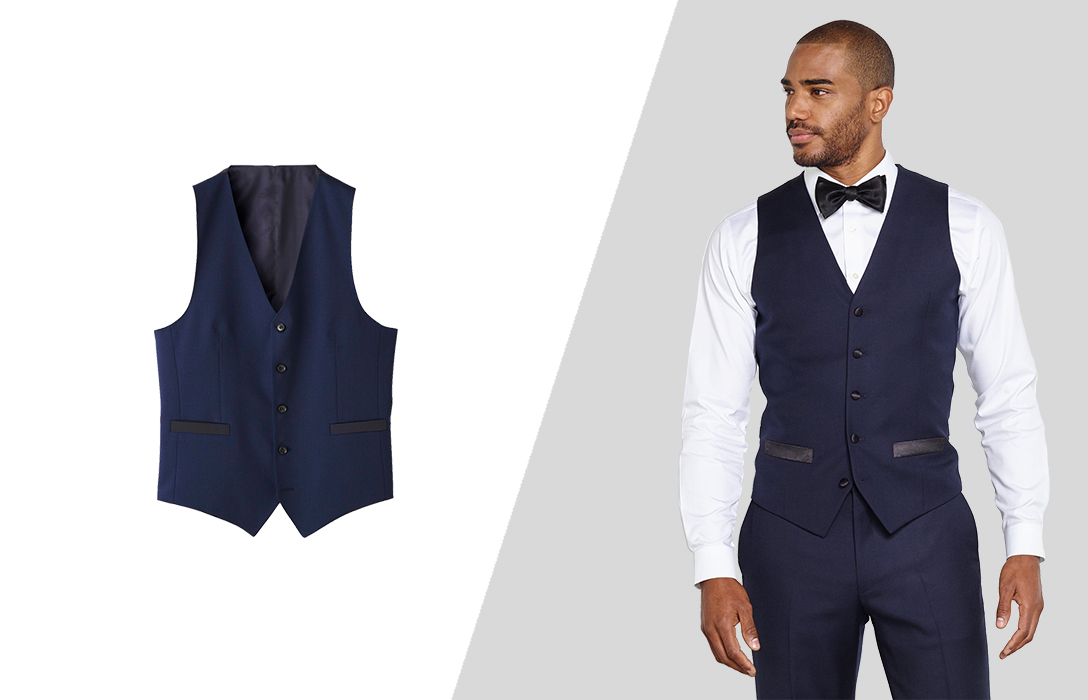
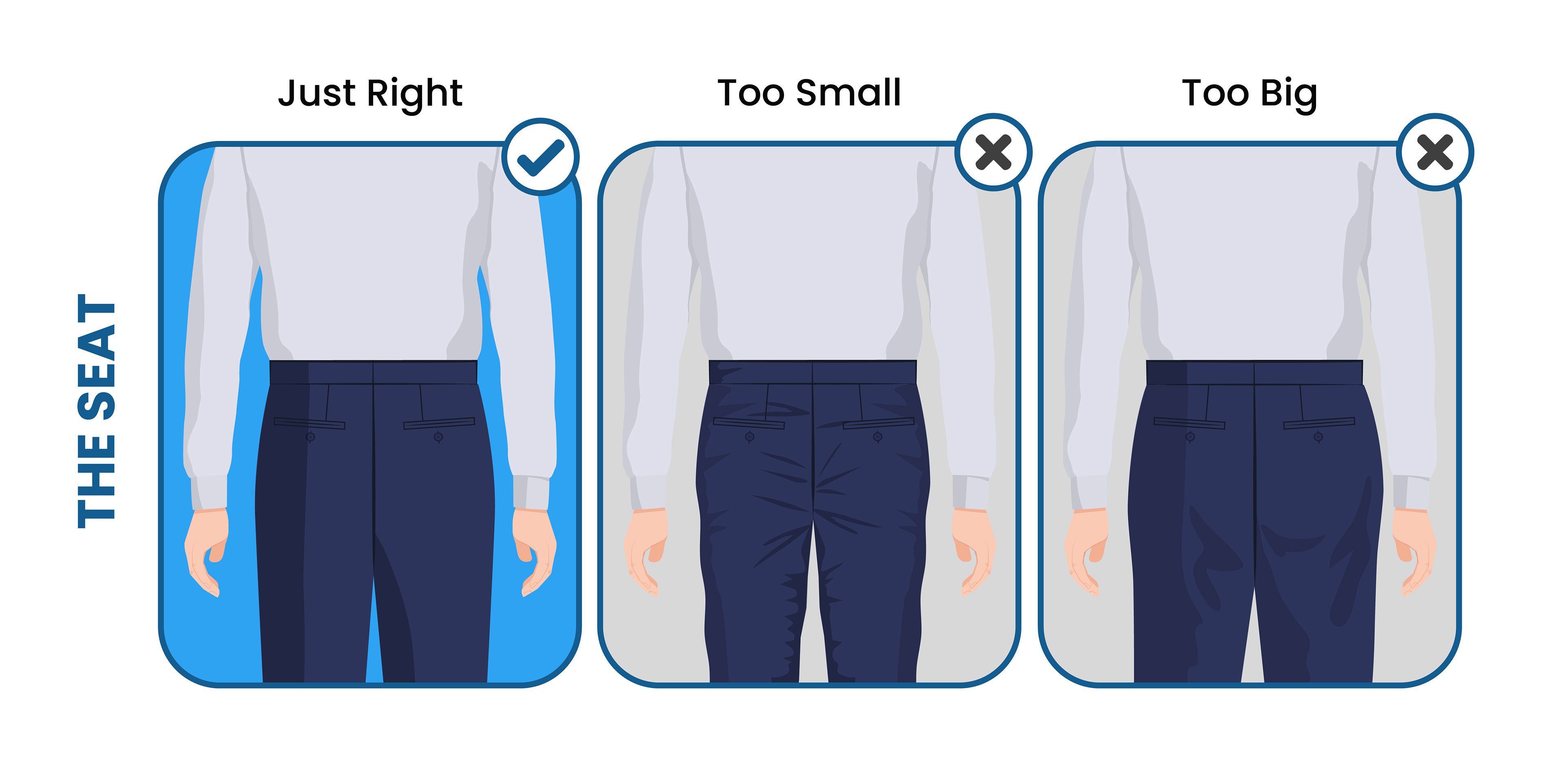
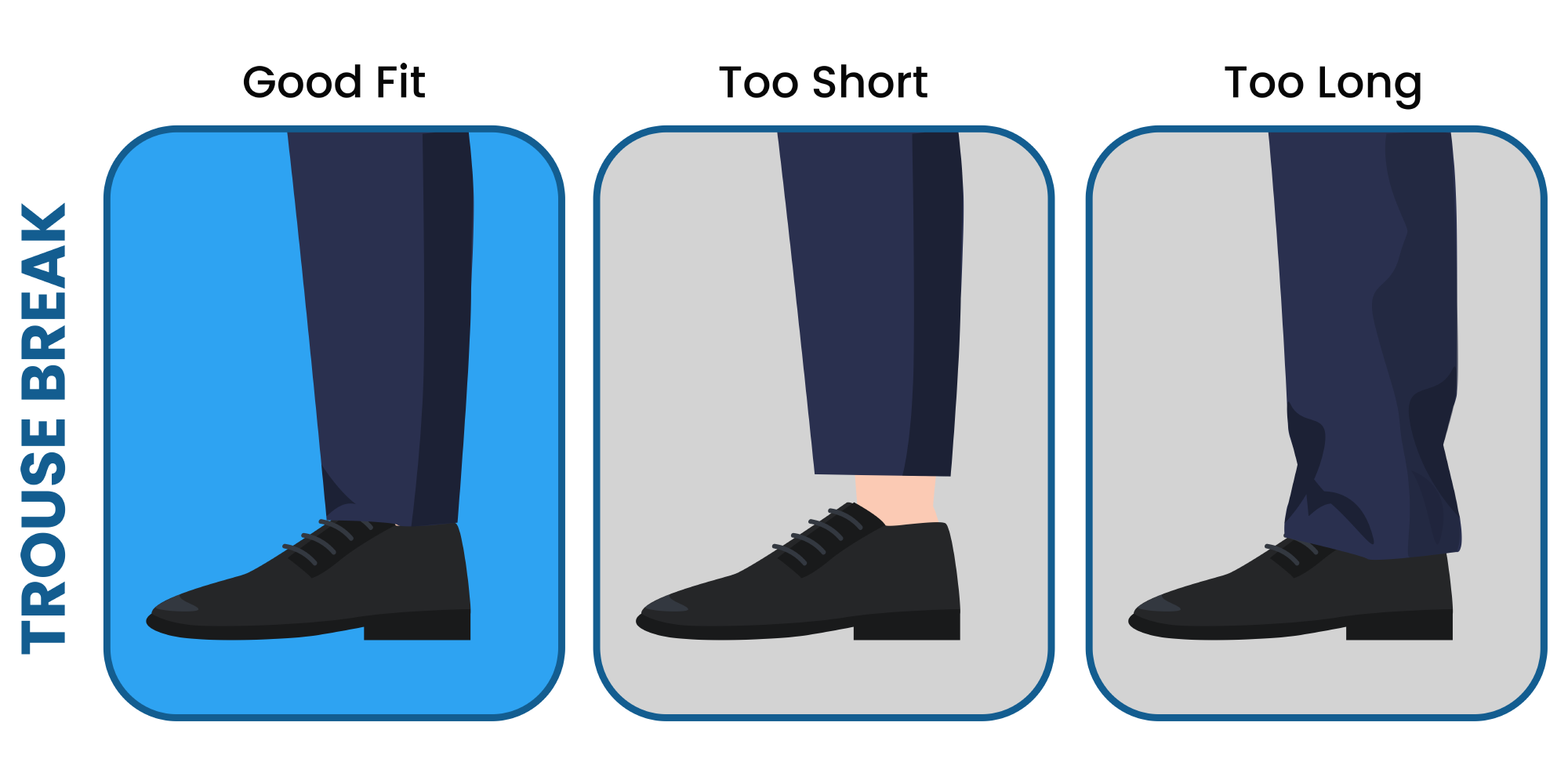
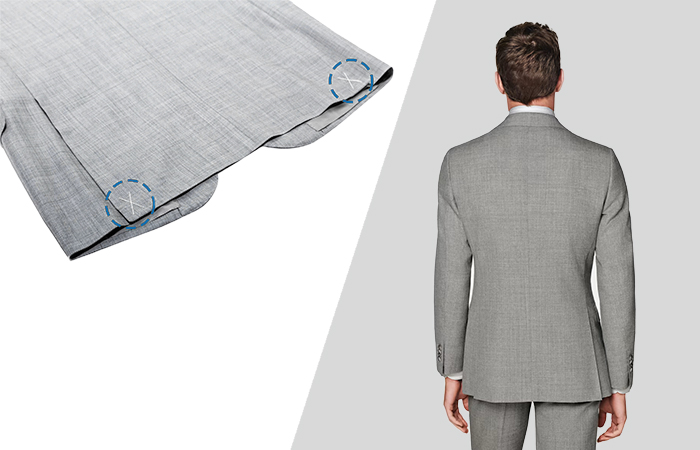
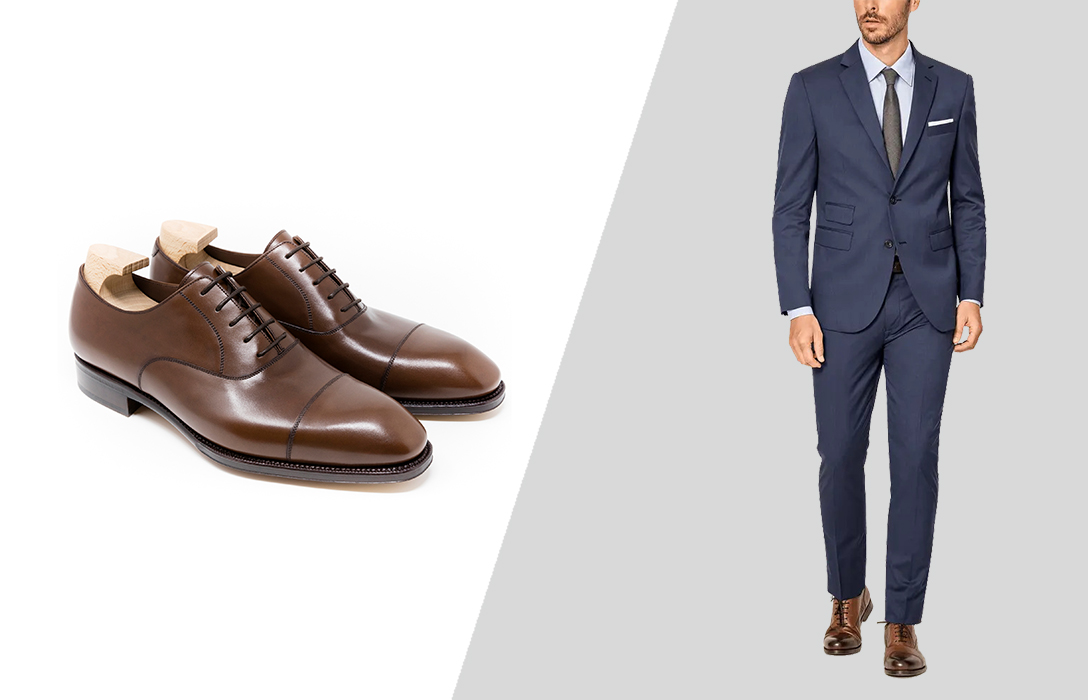
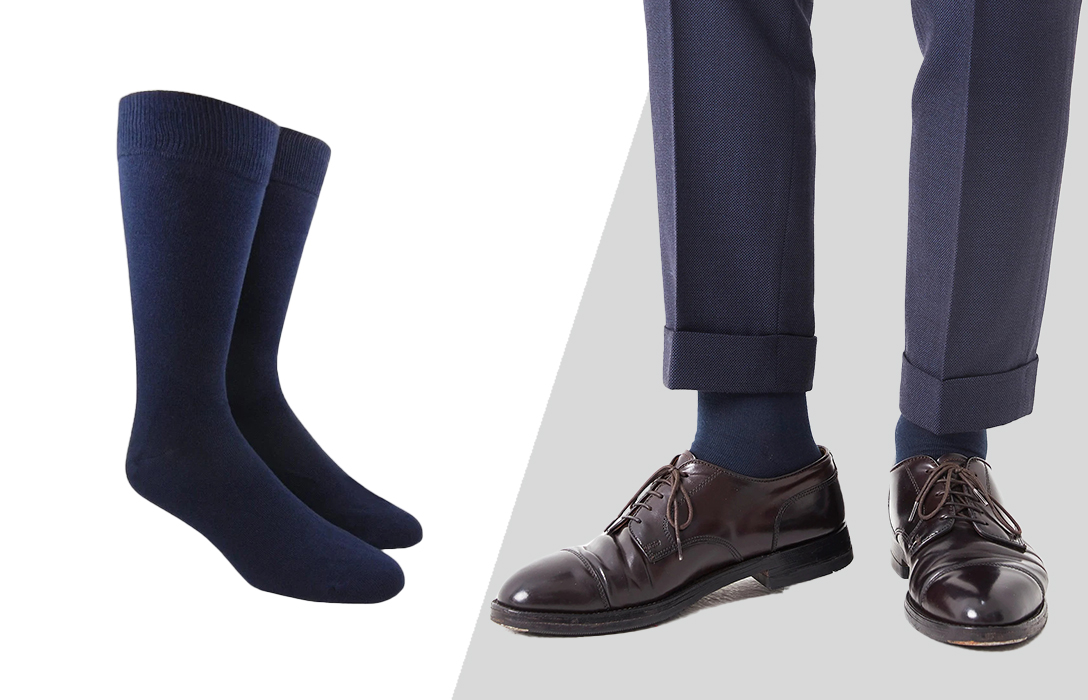
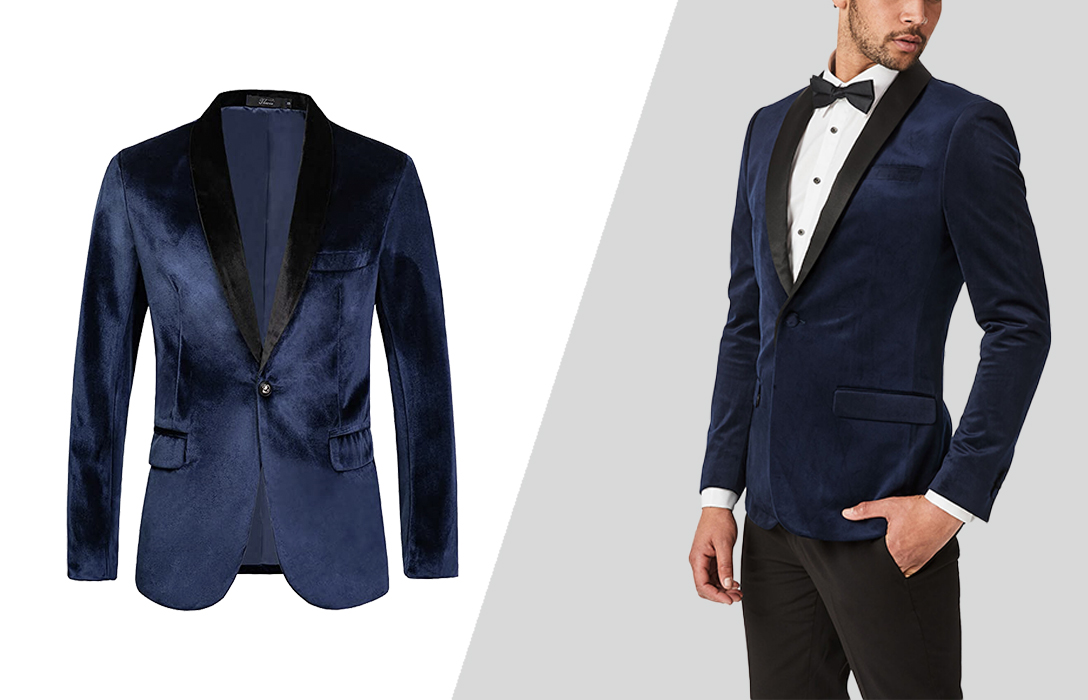
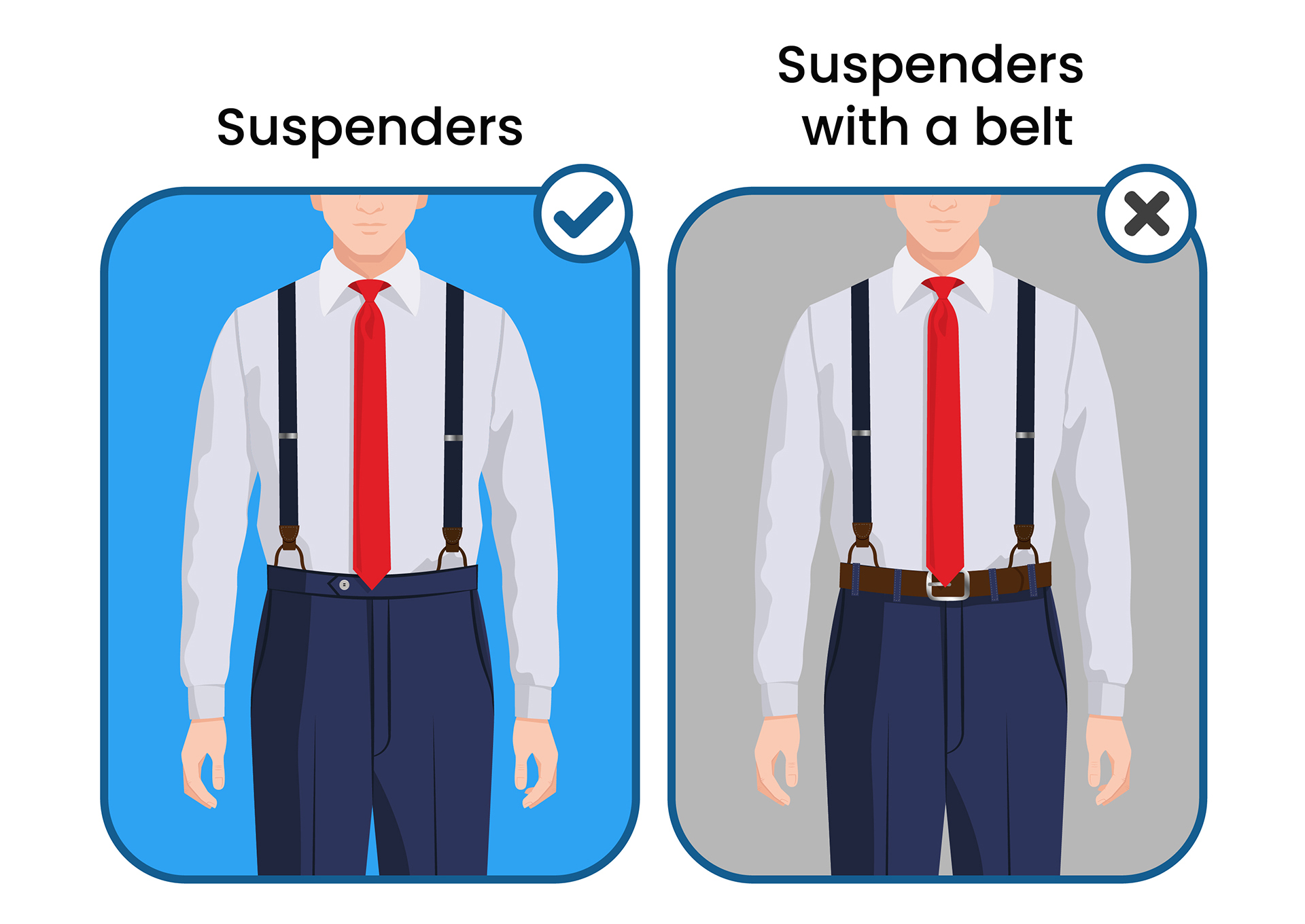
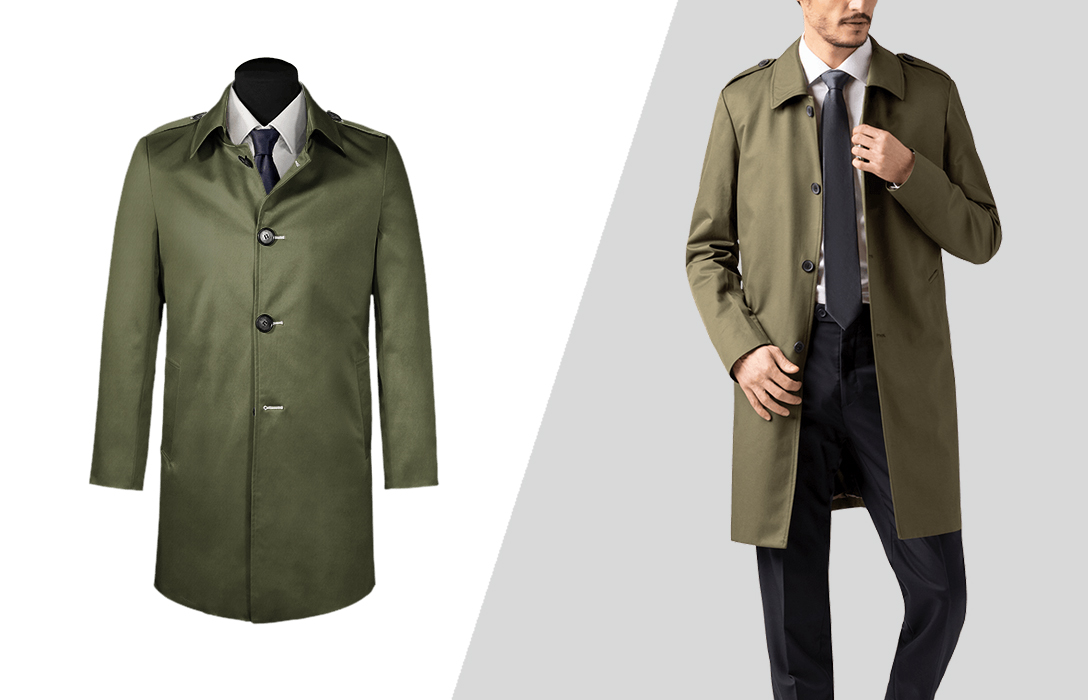
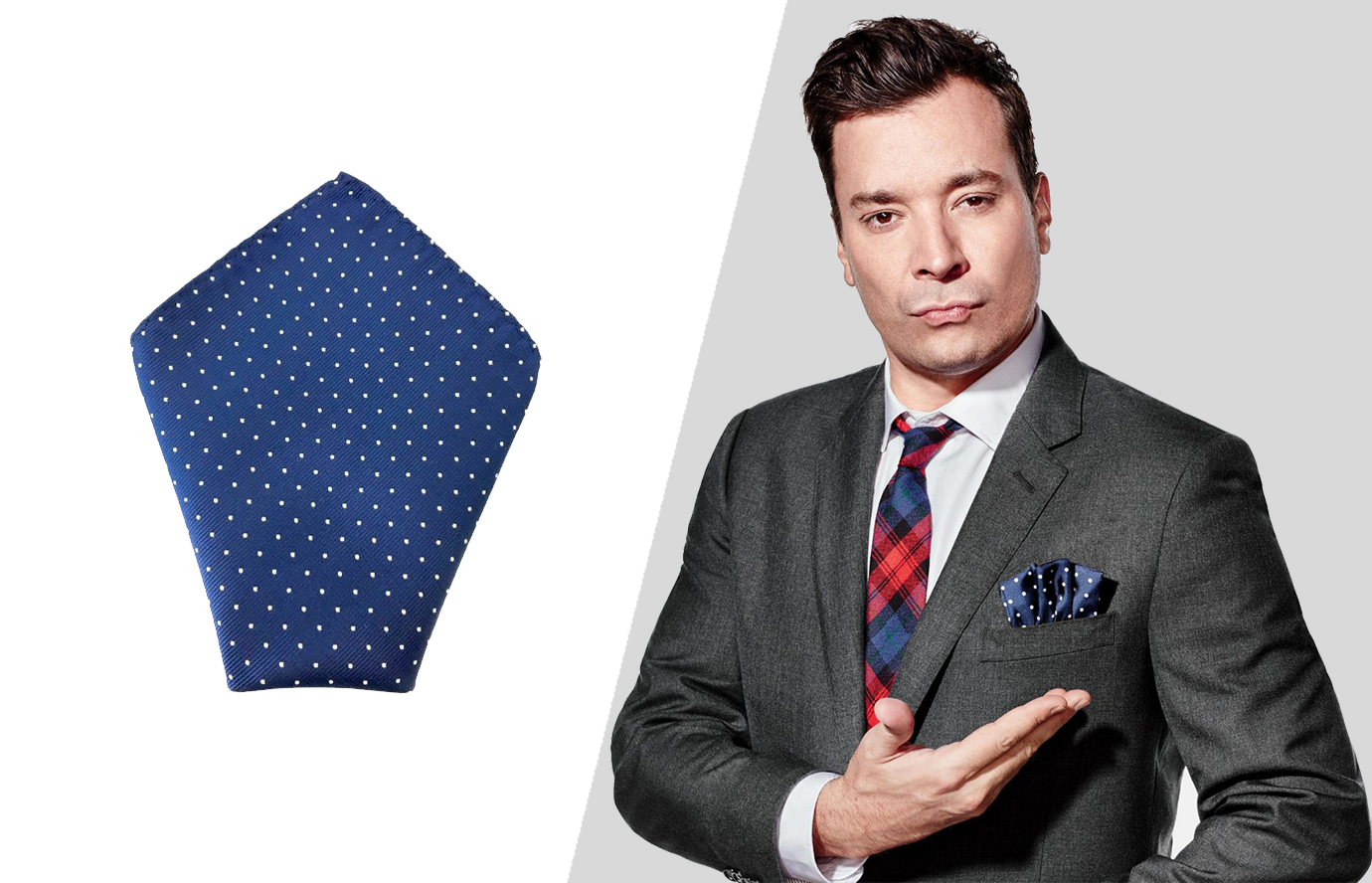
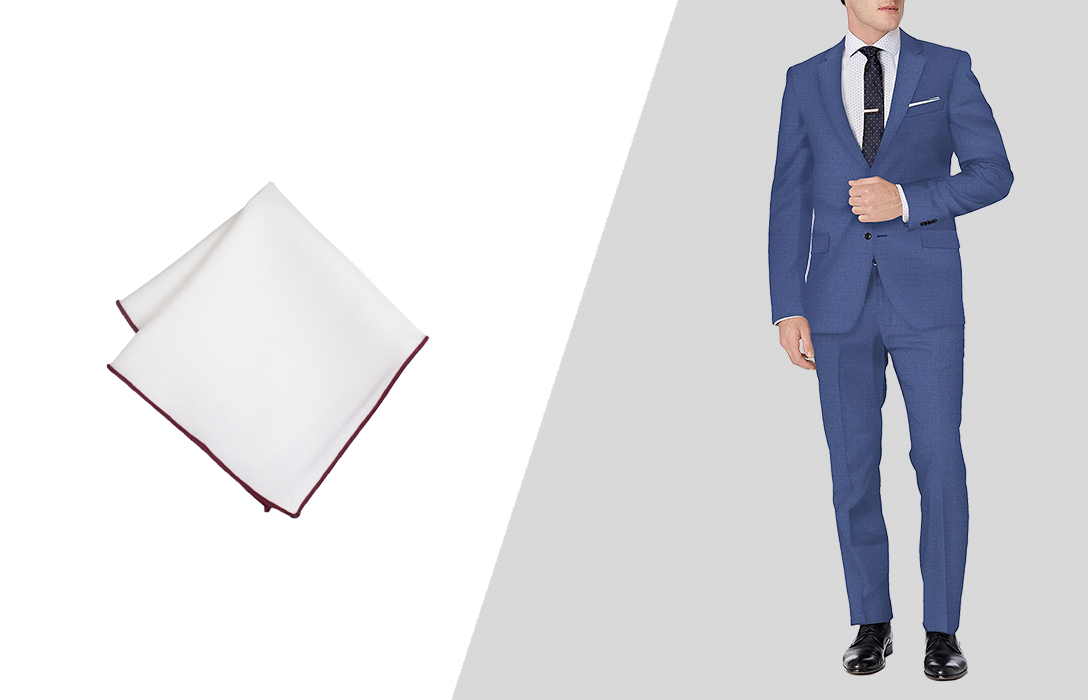
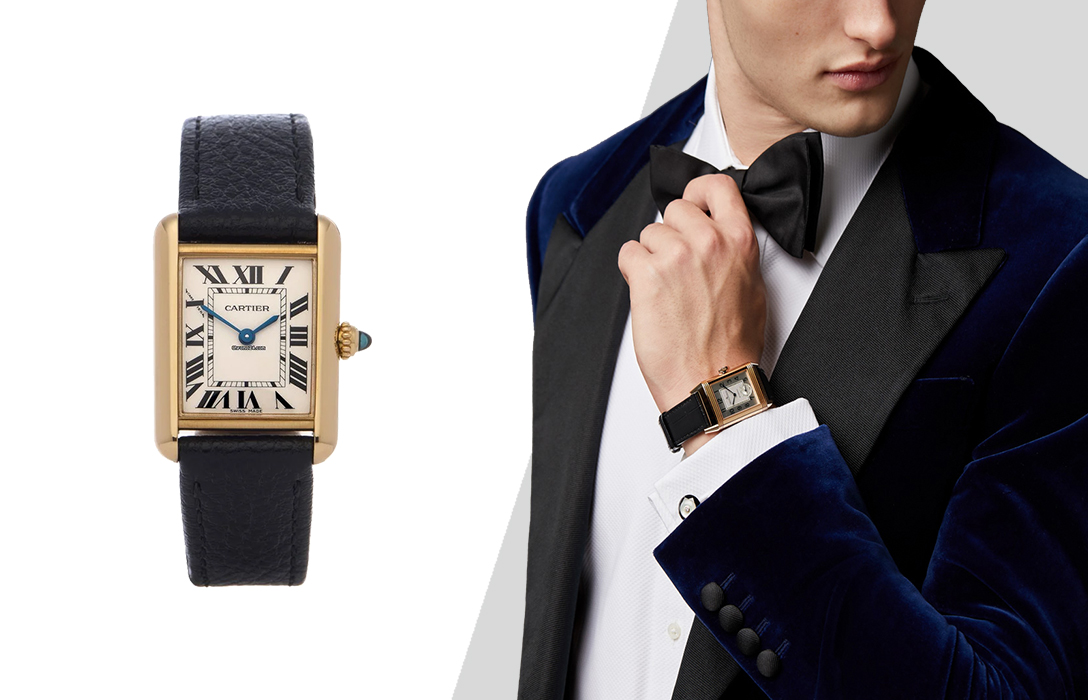





Nice content about the men’s suits basic. Thank you for the information.